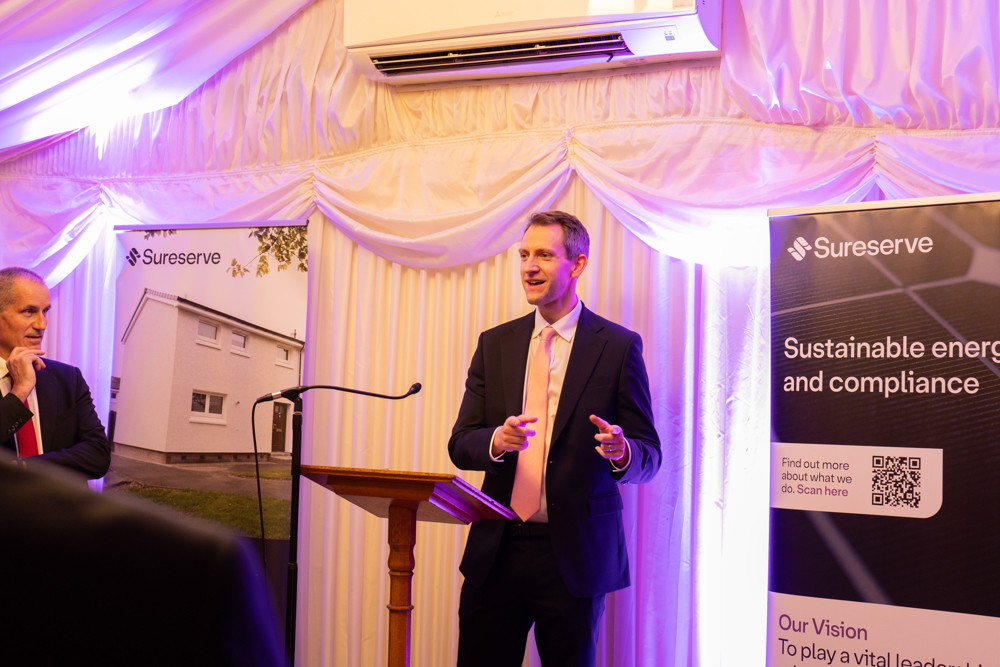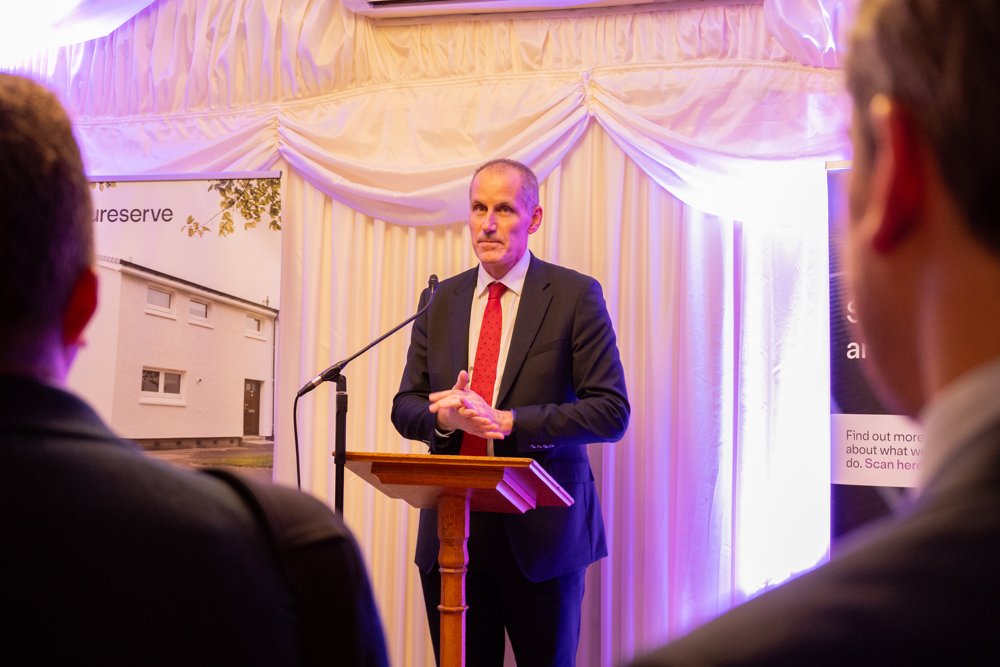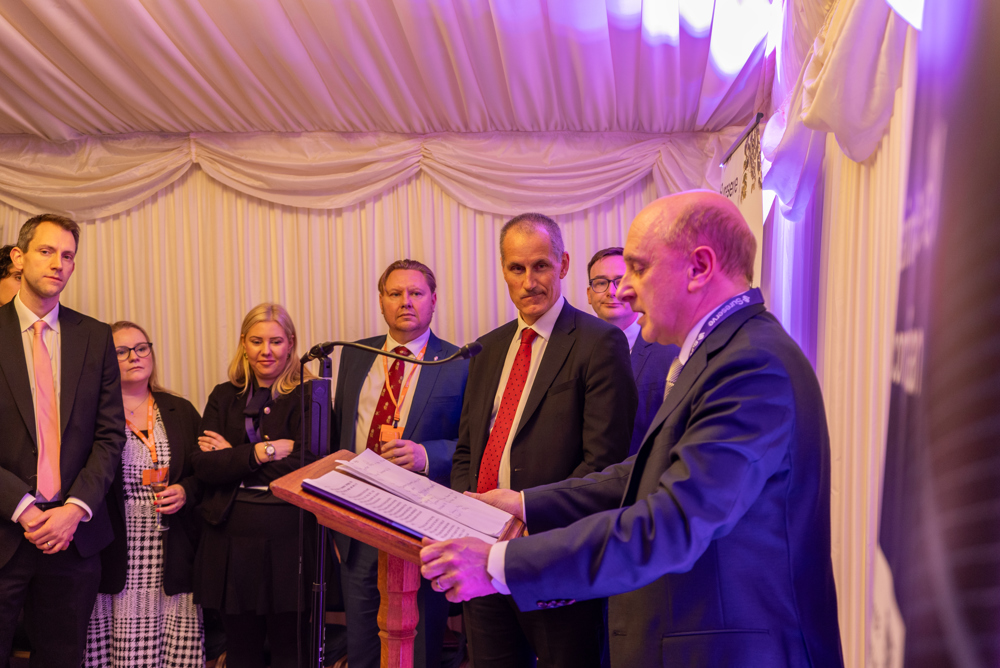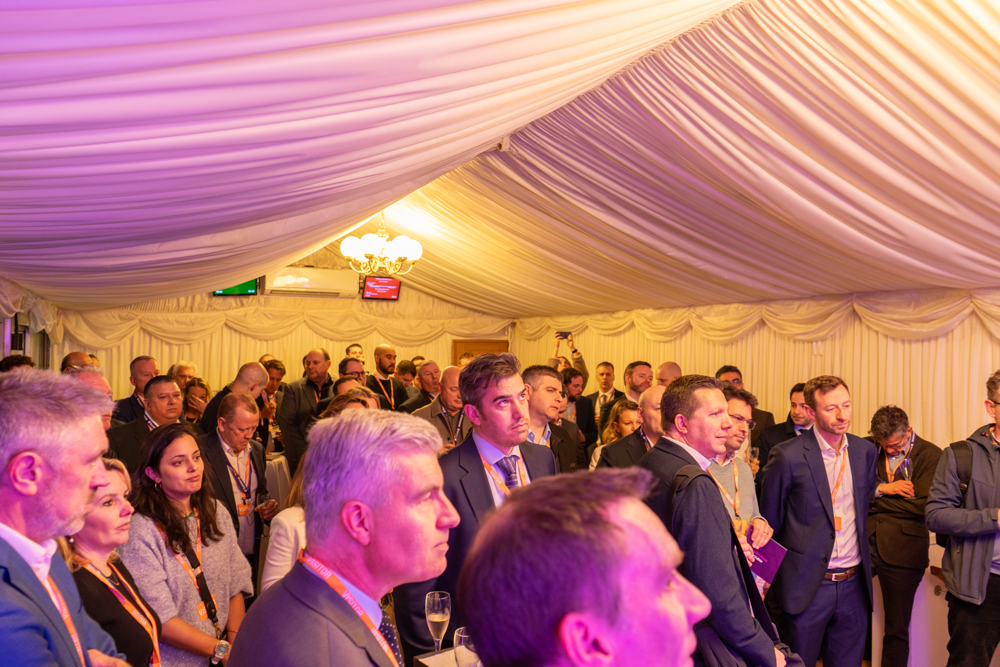-
Featured

Healthy Homes Check
Read more
-
Our Services
-
-
Our Story
Search
News
Sureserve hosted a Parliamentary reception on 15th January to launch its Delivering Warm Homes report. Speakers were Tom Hayes, Labour MP for Bournemouth East, Andrew Lewin, Lib Dem MP for Welwyn Hatfield, Bill Esterson, Labour MP for Sefton Central and Chair of the DESNZ Select Committee, Graham Levinsohn, CEO of Sureserve, and Tim Weightman, the Chief Investment Officer of People for Places.
The report was produced by Sureserve to act as a guide to government for how the Warm Homes Plan could be delivered. It covers recommendations from Sureserve’s extensive experience of providing compliance and energy efficiency services across the housing sector, including installation of insulation, heat pumps, solar PV and batteries, with case studies of best practice from others in the sector.

There was consensus amongst the speakers that the Warm Homes Plan offered an exciting opportunity to dramatically decarbonise the economy. Given heating homes account for around 14% of overall emissions, Tom Hayes MP underlined the importance improving insultation and making energy efficiencies in achieving net zero. He welcomed the government’s plans to upgrade 5 million homes in the next 5 years and the relaxation of planning laws around heat pumps.
Andrew Lewin MP pointed out that polling clearly shows that a majority of UK voters want to see action on climate change, however, many have concerns about costs implications. To this end, all speakers highlighted that efforts to decarbonise the economy must go hand in hand with addressing social justice concerns, particularly around tackling the cost of living. Andrew Lewin MP stressed that not only are warmer homes cheaper to heat, but they are far less likely to be plagued by damp and mould, which has significant health impacts for residents and provides a huge annual cost to the NHS.

Several speakers made the point that consumer confidence will increase if both government and business communicate more effectively about the role retrofitting and minimum energy efficiency standards can play in reducing household energy bills. Bill Esterson agreed, saying that it was imperative that people saw a positive impact on their bills. Graham Levinsohn also stressed the need to ‘create a National energy plan that is just and fair, which tackles fuel poverty’. Graham was clear that social housing tenants need to be at ‘the heart of all considerations’ when it comes to upgrading their homes.

For the Warm Homes Plan to succeed, it must reduce bottlenecks in the roll out of energy upgrades. Both Tom Hayes MP and Graham Levinsohn highlighted the importance of boosting local council capacity to aid retrofit delivery at scale. Given many of the new Labour intake have a background in local government, Tom Hayes believes Labour MPs are particularly sensitive to these challenges.
The historic lack of long-term, secure investment was also flagged problem. Tim Weightman asked the Government to provide financial help over the long-term. Graham Levinsohn also mentioned that increased government investment and consistent policy proposals promise to unlock significant private sector investment.

Upskilling the current workforce was also raised as a priority. Tim Weightman and Graham Levinsohn both stressed the responsibility of industry to provide their existing engineers with the training opportunities they need to develop the skills necessary for installing green technologies. He used Sureserve’s example of training gas engineers to install heat pumps.
Several major committee reports are due to be published in the next few months. Bill Esterson, the chair of the DESNZ Committee, explained that his committee will be publishing a report into the Warm Homes Plan in 6-8 weeks, and that the committee will then move on to exploring issues around green skills, supply chains and the government’s industrial strategy.

Sureserve remain committed to the decarbonisation agenda and to providing social housing residents and people in fuel poverty with warmer, healthier homes, with lower bills. We will continue to work with government, social housing providers and other industry partners to achieve these aims.
You can download a copy of the Warm Homes Report here.

22 Jan 2026

09 Jan 2026

19 Dec 2025

02 Dec 2025

26 Nov 2025